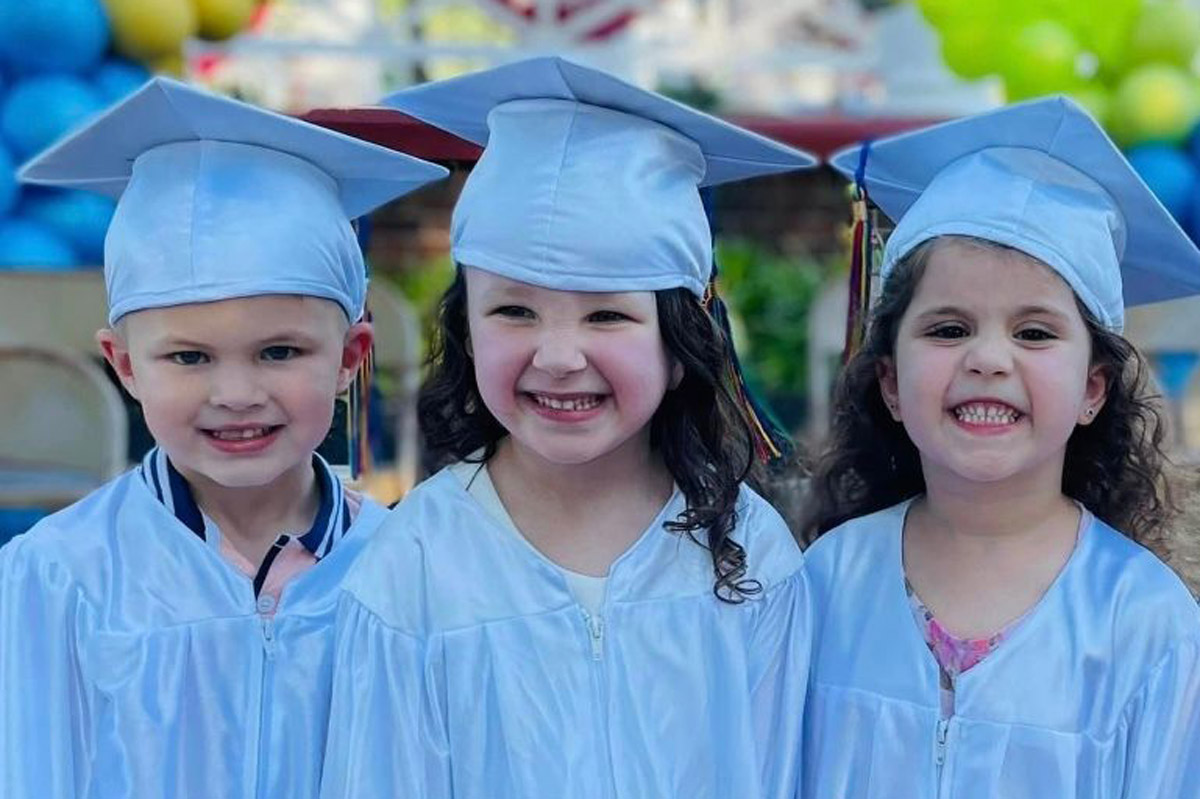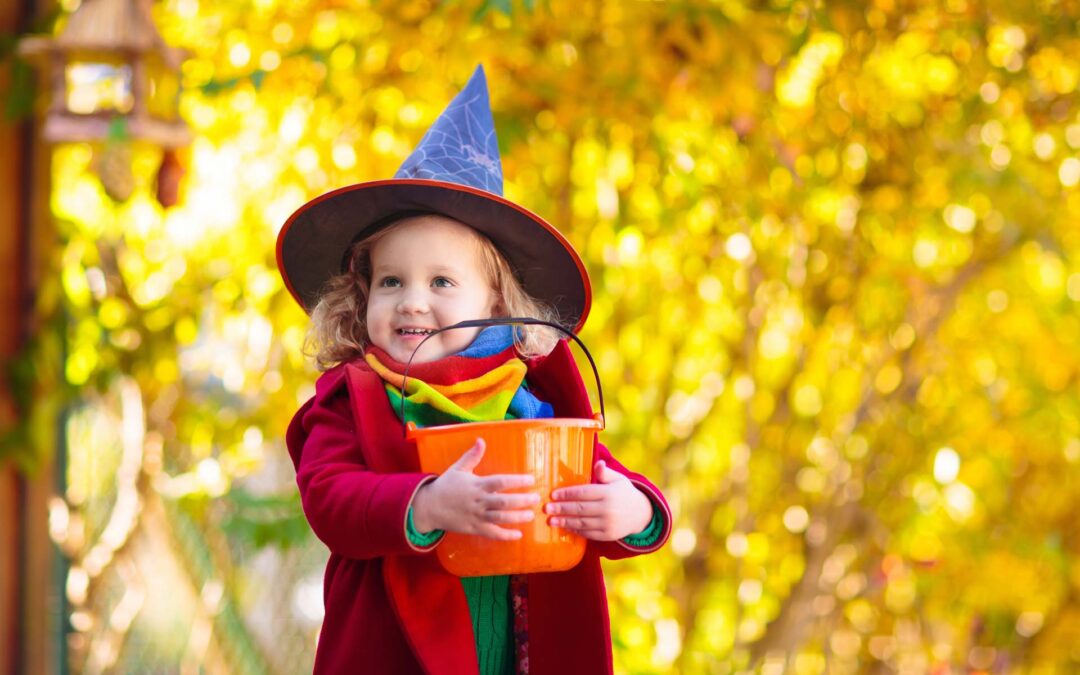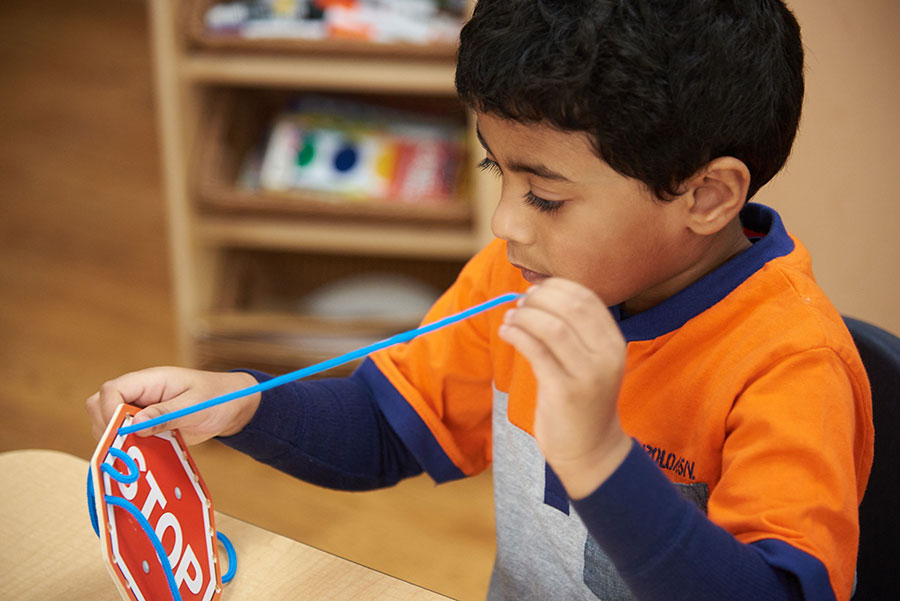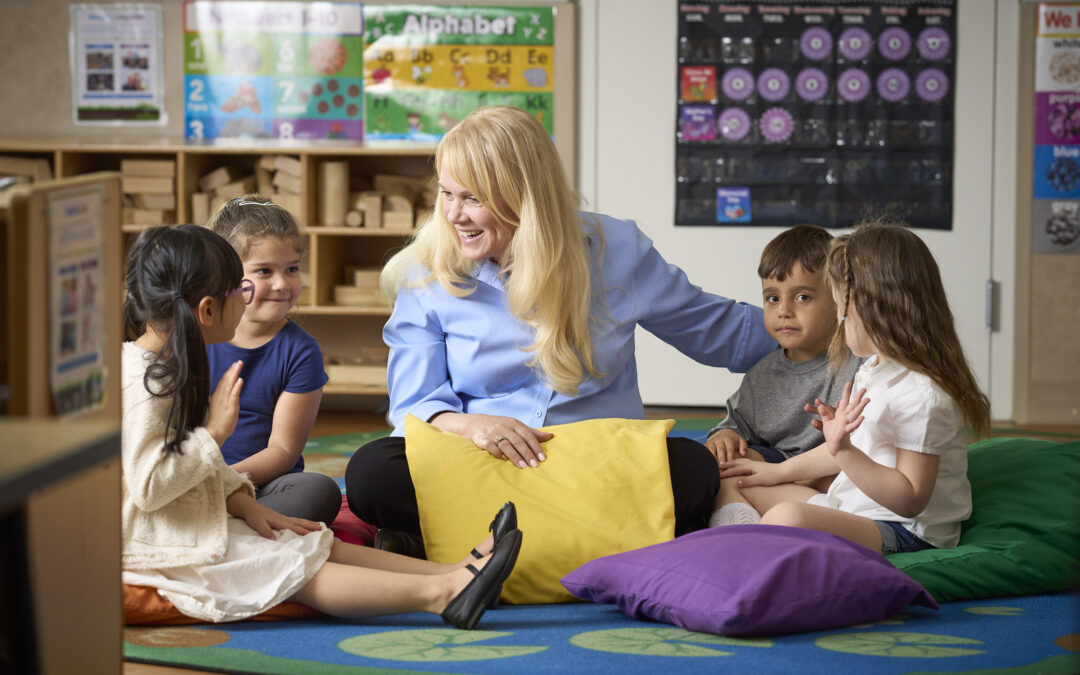Whether you’re sending your children off to their very first day of elementary school or starting them on their educational journey at Lightbridge Academy, it’s no secret that the transition to school can be challenging for children.
As nerve-wracking as this can be, the good news is there are simple steps you can take well ahead of the first day to make the transition easier on your young learner — and on yourself.
Read on to learn some of our favorite first day of school tips.
What Parents Need to Know about a School Transition
If you’re getting your first child ready to start school or you’re an old pro, well-informed parents are the key to smooth school transitions. The first and most important step is to understand that big feelings are part of the process.
For many children, their first day of preschool or kindergarten is the first time they’ve been away from home, and away from you. It’s natural that they might be frightened, nervous, or mad on their big day. Giving your child the space they need to process those feelings goes a long way toward a more seamless school transition.
Of course, it’s crucial to remember that your child isn’t the only one making a big change! The first day of preschool is a major milestone for parents too, and many parents feel just as conflicted about it as their children do. Making the time to sort through those feelings will help you stay calm when the day arrives. If your little learner sees you feeling good about the first day at school, it’ll be easier for them to do the same.
Our Top First Day of School Tips
With a little bit of advanced preparation, you can give your child the tools they need to walk into the classroom — whether in their new elementary school or at Lightbridge Academy — with confidence!
Getting to Know Their New Space
Before the first day of school, take your child to visit their new classroom and even meet their new teacher. Familiarizing them with their new surroundings will help make the big day less overwhelming.
Many educational centers like Lightbridge Academy, as well as elementary schools, offer orientations and meet and greets for incoming students and their families. These are an ideal opportunity to introduce your little one to their classroom, teacher, and new friends. If you’re not able to attend orientation, or if your school doesn’t offer one, ask to set up a time to visit.
Lay the Groundwork at Home
After orientation, spend some time discussing what school will be like with your child and what they can expect, including how you will handle drop-off. You may find this process helps you create your own strategies for how to handle the first few days of school.
There are many age-appropriate books featuring characters starting school for the first time. Putting themselves in a character’s shoes can be an easier way for children to get used to this school transition.
Take the Time to Talk
Your little one likely has a lot of feelings about their first day at school, but they may not know how to express them. Ask questions about what they’re looking forward to, what might be worrying them, and what they’re excited to learn. Be sure to acknowledge and validate their feelings, taking care not to compare them to an older sibling or family member who has already been through this process.
Making the School Transition Easy
There’s no two ways around it: The first day of school is as big a day as they come. To make sure that it goes as smoothly as possible, keep these tips in mind.
1. Keep Routines Simple
A few days before the first day, start practicing bedtime and morning routines. This could include practicing new bed and wake-up times, setting aside time to pick out the next day’s outfit, or sitting down for breakfast together. Giving your child one less new thing to get used to on their first day at school can make it less stressful.
2. Bring Something from Home
For most children, the hardest thing about the first day at school is adjusting to being away from home. Letting your child bring a comfort item, like a favorite soft toy or blanket, can make them feel safe and secure. Having something on hand that reminds them of you, like a picture, may also help.
3. The Shorter Your Goodbye, the Better
Every parent knows this is the most difficult part. In order to lessen separation anxiety for both you and your child, it’s important to make your departure as quick as possible. Give your little learner a big smile and hug, then let them know when you’ll return.
Remember to stay both calm and strong. Your little one may cry or fuss, but children are surprisingly resilient and early childhood educators know just how to handle these kinds of situations!
How Lightbridge Academy Helps Ease the First Day Jitters – for Children and their Parents
Here at Lightbridge Academy, our team of early childhood educators and staff truly loves children, and we know how to make the transition from home to preschool as simple and tear-free as possible.
We’re committed to nurturing everyone in our Circle of Care, which includes students and parents alike. Our centers are held to the highest standards of health and safety, so parents can feel confident that their young learners are in the right place to love, learn, and thrive.
Lightbridge Academy parents have access to tools that keep them closer to their little ones during their time at our child care center. ParentView® internet monitoring allows parents to stay connected throughout the day, no matter where they are, and our Lightbridge Journey app provides real-time reports, milestone updates, pictures, and videos.
When your child’s first day of school is at Lightbridge Academy, you can rest assured that the school transition is as easy as can be. Ready to learn more about the benefits of Lightbridge Academy? Schedule a tour.
*Check with your local Lightbridge Academy center for specific kindergarten program offerings.






